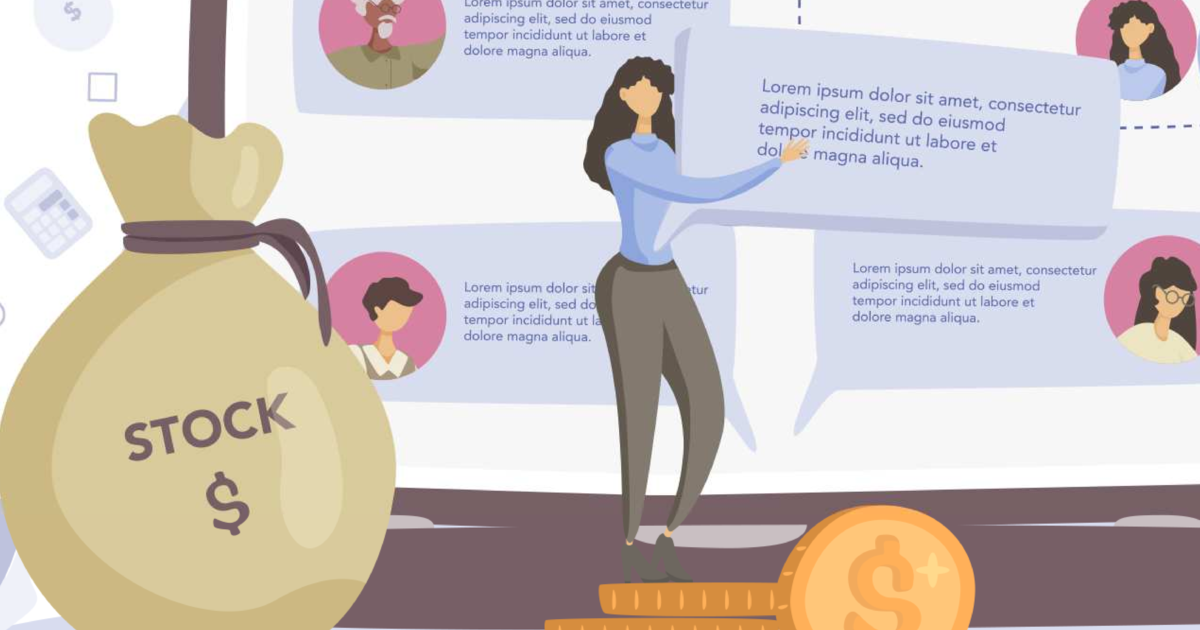Okeydokey01
Regular
The weight of something that Anil mentioned has only just dawned on me. When Anil explains how by making a sensor smart and allowing it to analyze data and only send relevant data back for processing is massive. Of course the term "making sensors smart" has been bounded around on many occasions before. Maybe the benefits of this were lost on me prior or perhaps I simply didn't afford it the consideration it deserved.Just listened to the Panel Discussion IMPLICATIONS OF EMBEDDED AI: MACHINE LEARNING, DEEP LEARNING, FACIAL RECOGNITION, AND OTHER PROCESSING with Anil, Colin's Areospace & Max Little, Associate Professor at the University of Birmingham.
There was no Google or Renesas in the panel, they must have been in the earlier sessions.
Anil was great, really informative, he talked about making every sensor smart.
Its funny though when the other 2 panelist talked about their current big issues in AI & Machine learning etc when Anil spoke he basically had the solution's for their problems because as we all know BrainChip is number 1
I started screen recording the session after the initial introductions, Anil starts talking at 1min 36 seconds, I saved it to my google drive so hopefully you can view with the below link, enjoy
https://drive.google.com/file/d/1fFxloaYOvyGYO1zUZm-qVnoSWI_mwHsW/view?usp=sharing
A sensor being able to analyze data and only then transmitting what is relevant brings huge advantages in terms of latency and speed of processing, reducing the amount of data transmission as well as reducing the amount of power consumed. Refining the inputs and shedding what is not required at sensor level can only have a positive effect on the rest of the electrical circuit. The scalability of this is incredible. When you apply this to complex applications such as automotive, industrial, security/defense, aerospace etc in which you may have several sensors supplying only relevant "smart" data back the benefits begin to multiply very quickly.
However the real lightbulb moment for me was. Smart sensors take AI away from where most consumers minds traditionally go to when considering artificial intelligence and its applications and plants it directly into every single product that incorporates a PCB. No longer is AI only about how can it be used to have a product learn, aid or improve the users experience. Whether or not a product needs to be "smart" is no longer the point. Even the most basic of products will benefit in terms of performance, power consumption and accuracy from sensors or inputs that can think for themselves.
I am sure that many on here are well across all of this already. But for me this has made me think in terms of scale much larger than I had done previously.
Last edited:





